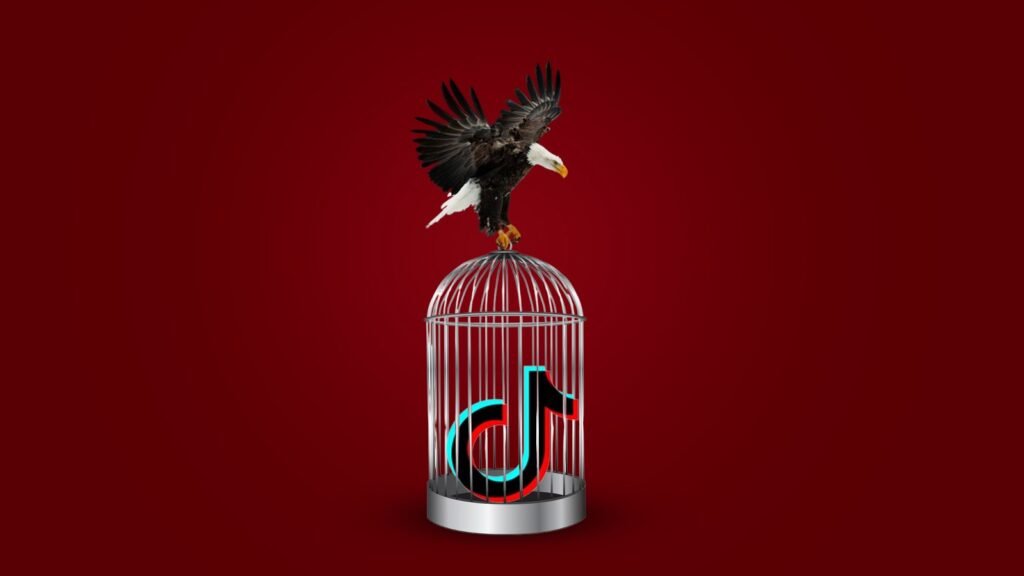On Wednesday, the US House of Representatives is set to vote on a bill that could compel TikTok to sever its ties with its Chinese parent company or face a ban in the United States.
This legislation poses the most significant threat yet to the video-sharing platform, which has skyrocketed in popularity worldwide. However, concerns persist among governments and security officials about its Chinese ownership and potential ties to the Communist Party in Beijing.
The vote is scheduled for 10:00 am (1400 GMT) and is anticipated to pass with overwhelming support, marking a rare moment of bipartisan agreement in the politically divided landscape of Washington.
The bill’s future in the Senate remains uncertain, as key figures are opposed to such a drastic measure against a wildly popular app boasting 170 million users in the US alone.
Should the bill reach his desk, President Joe Biden has signaled his intention to sign it into law, according to the White House. The legislation is officially known as the “Protecting Americans from Foreign Adversary Controlled Applications Act.”
Last week, the measure, which unanimously passed through committee, mandates ByteDance, TikTok’s parent company, to divest the app within 180 days or face removal from the Apple and Google app stores in the US.
Additionally, it grants the president authority to identify other applications as national security risks if they are controlled by countries deemed adversarial to the US.
TikTok was reportedly caught off guard by the renewed scrutiny from Washington, especially after President Biden joined the platform last month during his re-election campaign.
TikTok’s CEO, Shou Zi Chew, is currently in Washington lobbying to garner support to halt the bill’s progression.
Michael Beckerman, TikTok’s vice president for public policy, expressed concerns over the rapid advancement of the legislation without public hearings, citing potential constitutional issues in a letter addressed to the bill’s co-sponsors.
House Republican Mike Gallagher and House Democrat Raja Krishnamoorthi, along with the White House, assert that the bill doesn’t equate to a TikTok ban as long as the company separates from ByteDance.
Former President Donald Trump, in a shift from his previous position, voiced opposition to a ban on Monday, citing concerns that it would empower Meta, the parent company of Instagram and Facebook, which he labeled as an “enemy of the people.”
During his presidency, Trump sought to seize control of TikTok from ByteDance, but faced legal hurdles in US courts.
Trump rebuffed allegations of changing his stance due to financial support from a major TikTok investor, hedge funder Jef Yass, for his campaign.
Previous attempts to ban TikTok, including a bill proposed a year ago, faltered primarily due to concerns over free speech.
Likewise, a Montana state law aimed at prohibiting the platform was halted by a federal court over suspicions of potential violations of constitutional free speech rights.
TikTok vehemently denies any affiliation with the Chinese government and claims to have restructured its operations to ensure that the data of US users remains within the country.


